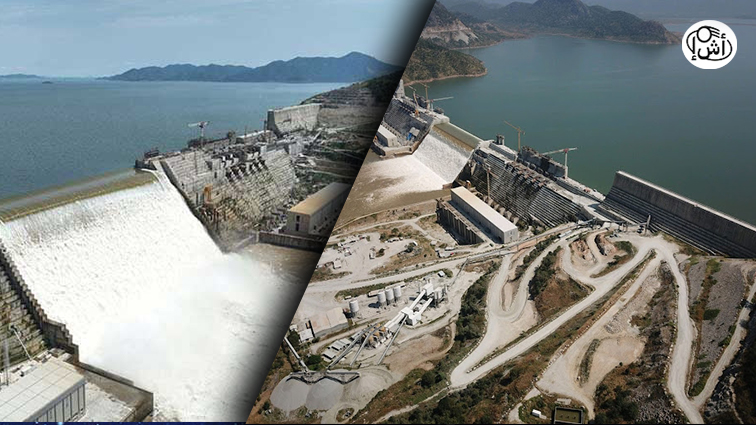The Egyptian Minister of Irrigation, Hani Sweilam, confirmed that negotiations with Ethiopia on the Renaissance Dam are over and there is no return to them as presented, holding Addis Ababa responsible for the damage that the dam may cause.
Swailem said, on the sidelines of the celebration of World Water Day, which was held on Wednesday, that any dam that is built on the course of the Nile affects Egypt, and there are effects that can be faced and others that cannot be faced, noting that “any impact that will occur on Egypt will be paid by the Ethiopian side one day.”
The Egyptian minister explained that according to the Declaration of Principles agreement signed between Egypt, Sudan, and Ethiopia, if the Renaissance Dam causes any damage to downstream countries, the culprit must pay the price of this damage, noting that the Egyptian state has the right to take the necessary measures in case of a direct threat to its security.
On the dangers of the Renaissance Dam, Sweilam stressed that it will be in the case of extended drought, a situation that may last for years, during which the reservoir of the High Dam is depleted, and at the same time there will be quantities of water stored in the Ethiopian dam lake to generate electricity, adding that in this case, the lives of citizens in Egypt and Sudan are a priority and the quantities of water in the Ethiopian dam lake must come out for the two countries.
Sweilam stressed that previous negotiations focused on this point and with it the point after a prolonged drought. He stressed that this is the most dangerous situation that Egypt and Sudan can be exposed to, and therefore they are looking for a binding legal agreement that clarifies how to deal in the event of drought and the refilling phase and how to deal with water.
The Egyptian minister added that Egypt has begun implementing a new water-saving policy, which includes the construction of solar-powered groundwater stations and wells, ground reservoirs, rainwater harvesting dams, the establishment of rain and climate change prediction centers, and the replacement and renewal of infrastructure for major irrigation facilities, most notably the construction of the new Assiut barrage and the ongoing construction of the Dairout Barrage Group.
It is noteworthy that the fourth and final meeting of the Grand Ethiopian Renaissance Dam negotiations between Egypt, Sudan, and Ethiopia, which was launched last year, ended in failure, and did not produce any result.
Egypt said that the failure of the meetings is due to the continuation of the same Ethiopian positions that refused over the past years to adopt any of the technical and legal compromises that would secure the interests of the three countries.
Nahdet El Berkane defeats Zamalek in the first leg of the African Confederation Cup final.
